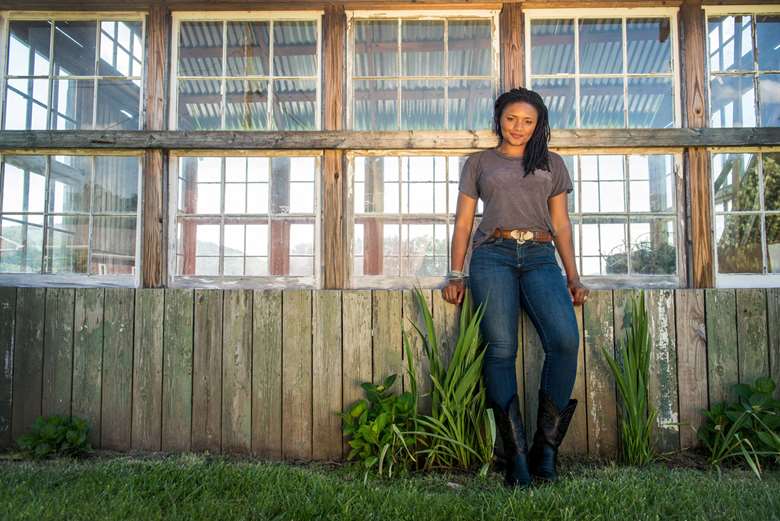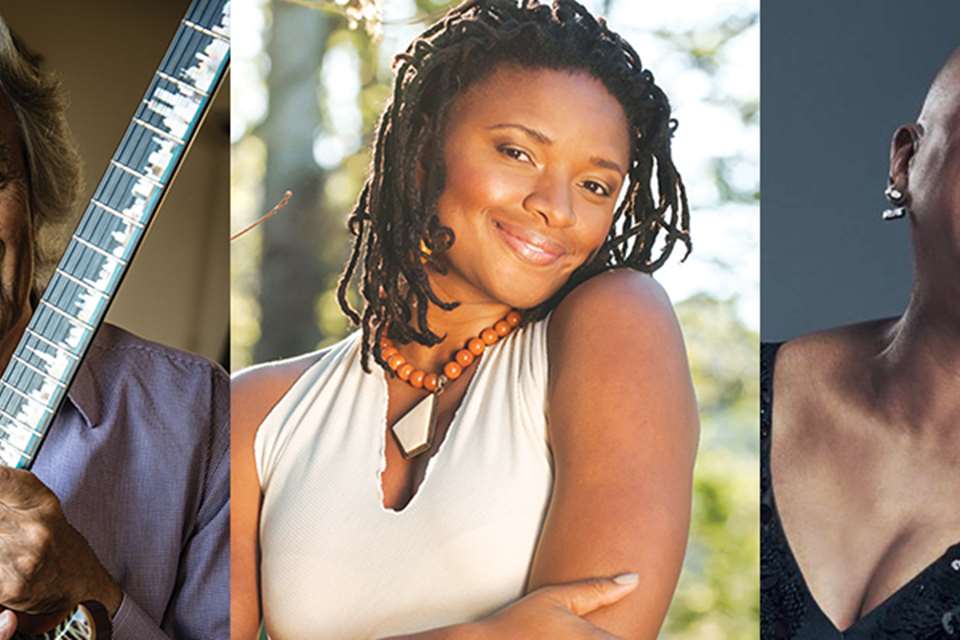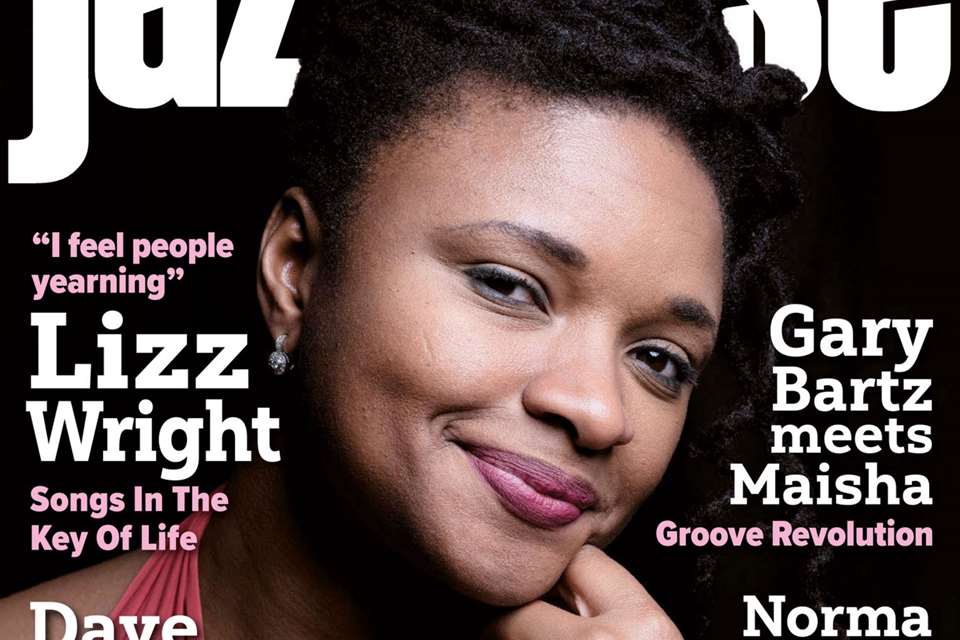Lizz Wright: “I think nature and life in its rhythms is about to demand that we grow the hell up and stop being afraid of one another”
Peter Quinn
Wednesday, June 3, 2020
Posessed of a uniquely expressive voice, Lizz Wright is now one of the world’s foremost exponents of the art of vocal jazz. Peter Quinn caught up with her to learn more about her love of those enduring standards by the American Songbook greats and the power of music to unite in these divisive times


Register now to continue reading

Thank you for visiting Jazzwise.co.uk. Sign up for a free account today to enjoy the following benefits:
- Free access to 3 subscriber-only articles per month
- Unlimited access to our news, live reviews and artist pages
- Free email newsletter

